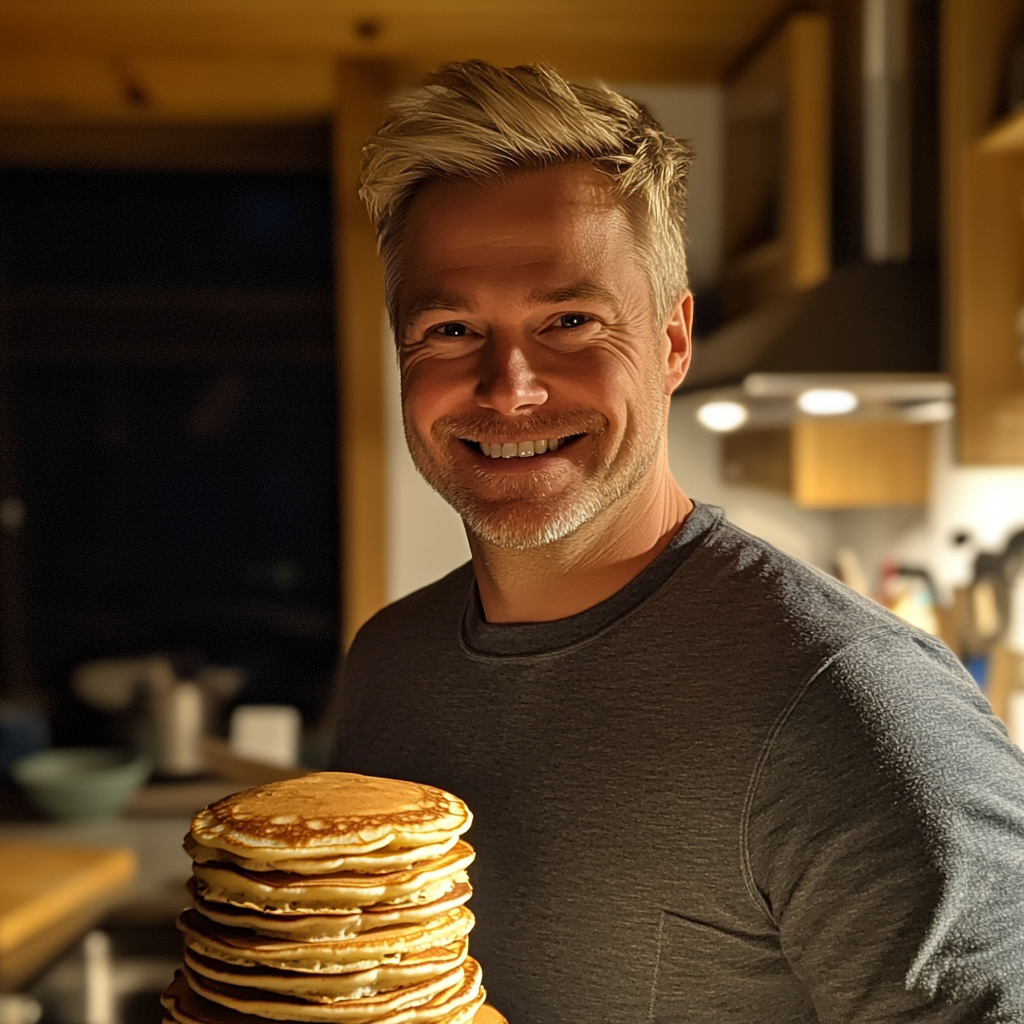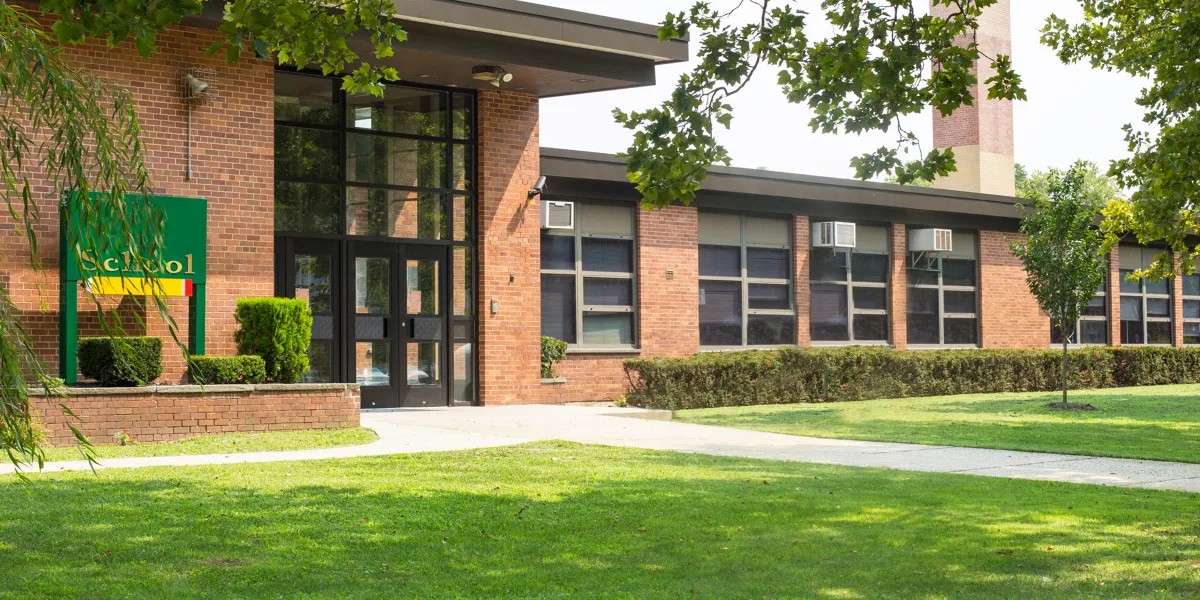When my son, Mason, moved in with his dad after our divorce, I thought it was a chance for them to grow closer. But when his grades plummeted and his teachers raised alarms, I knew something wasn’t right. What I discovered at his dad’s house showed me my son needed me more than ever, and I fought to bring him back.
I’m Claire, and Mason’s my 14-year-old. After my divorce from Eddie, Mason missed his dad’s fun energy—the late-night ice cream runs, the goofy cheers at his track meets. When he asked to live with Eddie, I agreed, wanting them to reconnect. I’d still see Mason on weekends, but letting him go felt like losing a piece of myself. I told myself it was the right move, giving them space to bond.

At first, Mason seemed happy. He’d send me silly photos of him and Eddie with burnt cookies or messy hair. I saved each one, smiling at his joy, thinking he was okay. But then his texts faded. Calls stopped. His replies were short, like “good” or “tired.” Then his teachers started calling. One said he wasn’t doing homework. Another noticed he seemed off, like he was somewhere else. The worst was his history teacher, who said he’d cheated on a test. “He’s not himself,” she said. “He looks lost.” That word—lost—felt like a punch.
Mason was always a thoughtful kid, proud of his work, embarrassed if he didn’t do well. This wasn’t him. I called him, but he didn’t pick up. I left a voicemail, my voice wobbly, and got nothing. I stared at the last photo he sent—him and Eddie with a lopsided pizza—and felt sick. I called Eddie, keeping my tone soft, not wanting to seem like the “nagging” ex. “Is Mason okay?” I asked. He sighed, dismissive. “He’s just a teen, Claire. You’re making a big deal.” That echoed old fights, when he’d brush off my worries about baby Mason’s fevers while I stayed up alone.
I tried to trust Eddie, but my heart wouldn’t let me. One rainy afternoon, I drove to Mason’s school, waiting in the lot. When he walked out, alone, his soaked jacket and heavy steps broke me. He got in the car, silent, his face pale. I offered a snack bar, but he just stared. “I can’t sleep, Mom,” he whispered. “I don’t know what’s happening.” My heart cracked as he spoke.
Eddie had lost his job soon after Mason moved in but didn’t tell anyone. The house was falling apart—no food, dim lights, a fridge that hummed oddly. Eddie was out most nights, saying he was job-hunting, but Mason wasn’t sure. My son was eating dry cereal or crackers, doing homework by phone light when the Wi-Fi died. “I didn’t want you to think Dad was bad,” he said. “Or me.” Mason wasn’t failing because he was lazy—he was surviving, trying to protect his dad while crumbling.
I brought him home that night, no hesitation, just a mom’s gut. He slept for hours, his face calm. The next morning, he asked for his old space mug, and I found it, hiding my tears. I filed for custody quietly, not to hurt Eddie but to save Mason. Eddie was struggling, but my son needed safety.
Mason was quiet at first, drifting through the house. I kept things warm—hot meals, soft lights, no pressure. We started therapy, letting him choose the pace. I left notes on his door: “You’re so brave.” “I’m here.” They stayed up, and one day, I found his note on my desk: “Thanks for saving me, Mom.” I cried, holding it tight.
He started to glow again. He joined the science club, showing me a wobbly drone he’d built. One night, he laughed when his foam bridge collapsed, saying, “I’ll get it next time.” That laugh was gold. At the school’s year-end ceremony, he won “Most Resilient Student,” standing tall, waving to me and Eddie, who sat in the back, eyes shining. That moment felt like healing.
Eddie calls Mason now, asking about school or joking about old times. It’s not perfect, but it’s something. Mason’s room is alive—socks everywhere, posters peeling. He teases me about my old car and begs for purple hair. I love it all. I’ve learned love means stepping in, not back. Mason needed me to pull him out, and I’ll never regret it.


